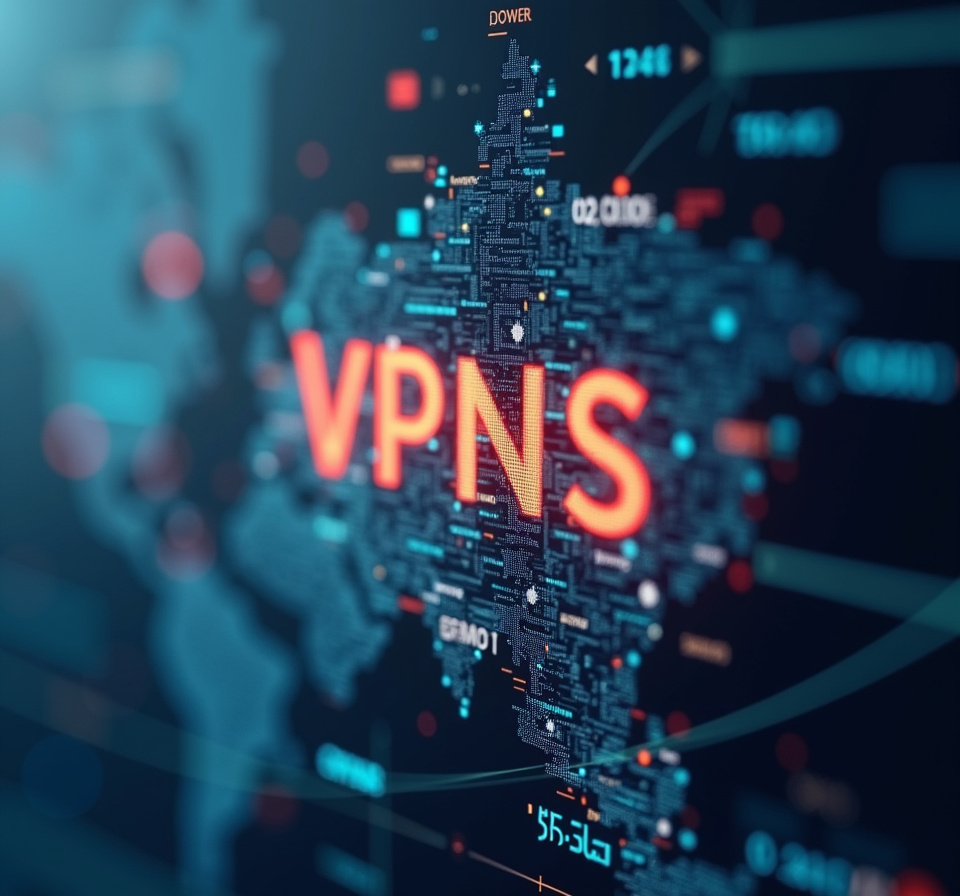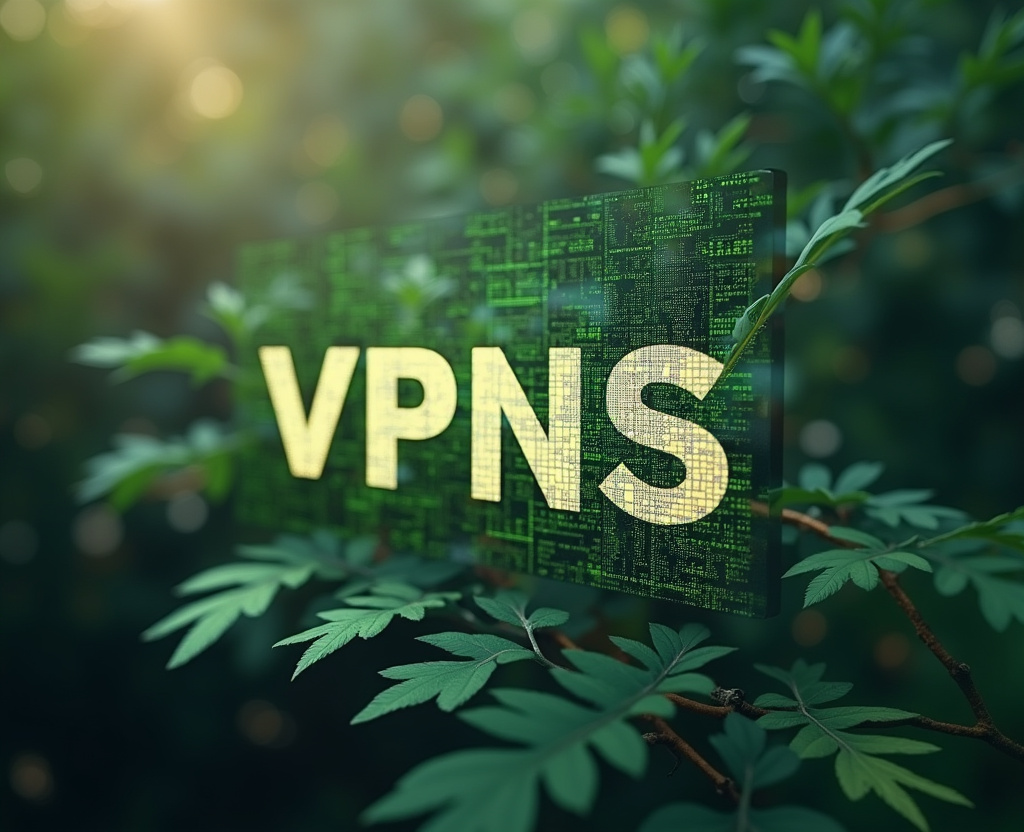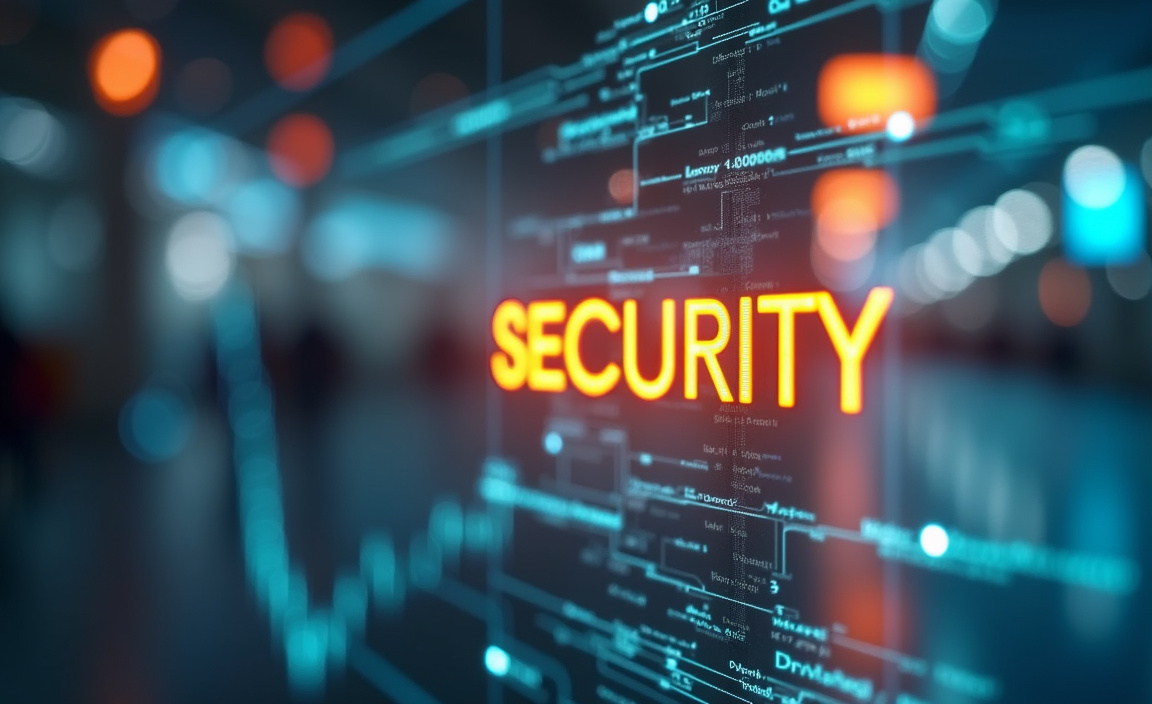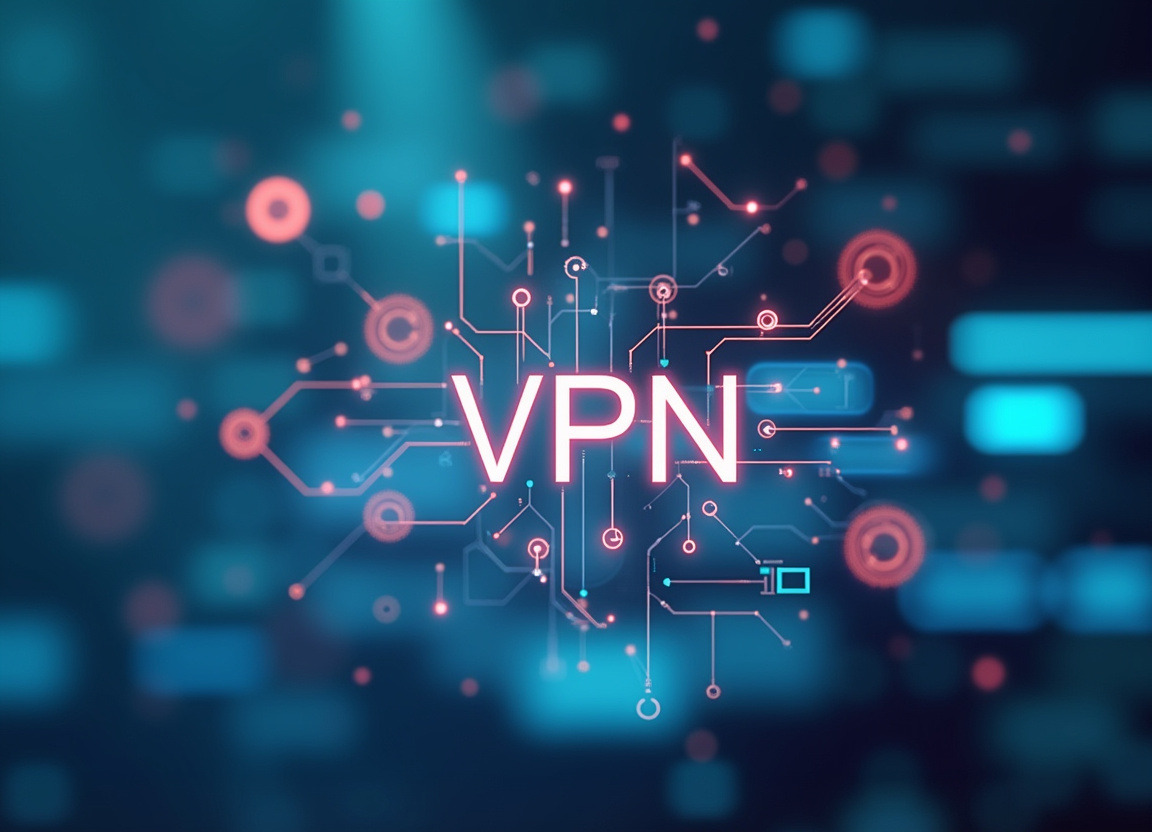VPNs for Space Tourism Agencies: Protecting Traveler Data

Table of Contents
The Dawn of Space Tourism and the Vital Need for Data Security
Space tourism is poised to revolutionize the travel industry, venturing beyond the confines of our planet and offering unparalleled experiences. However, this exciting new frontier presents significant challenges, particularly in safeguarding the vast amounts of sensitive data generated and processed by space tourism agencies. From personal identification details to financial records and medical information, the security of this data is paramount.
This article delves into the critical role of Virtual Private Networks (VPNs) in protecting traveler data within the space tourism sector. We'll explore how VPNs can mitigate risks, ensure compliance with data protection regulations, and build trust with clients who entrust these agencies with their most personal information. The focus will be on understanding the specific security needs of space tourism agencies and how VPN technology can be strategically implemented to address these challenges.
The exploration of VPN solutions will prioritize privacy and data security, without endorsing any particular vendor, but rather focusing on the essential features and functionalities that contribute to a robust and secure environment. Ultimately, this article aims to provide space tourism agencies with the knowledge and insights needed to make informed decisions about VPN implementation and enhance their overall data security posture, ensuring the safety and privacy of their clients as they embark on extraordinary journeys. As space tourism agencies gather and manage an unprecedented amount of personal data, including sensitive medical records required for pre-flight assessments, financial details for booking and payment processing, and biometric data for identification and security purposes, they become prime targets for cyberattacks.
A single data breach could expose this information to malicious actors, leading to identity theft, financial fraud, and reputational damage for both the agency and its clients. The need for robust security measures, therefore, cannot be overstated. VPNs offer a crucial layer of protection by encrypting internet traffic and masking IP addresses, making it significantly more difficult for hackers to intercept data or track online activity.
This is particularly important when employees are accessing sensitive data from remote locations, such as during client consultations at hotels or while collaborating with international partners. A strong VPN ensures that all data transmitted over the internet is protected from eavesdropping and tampering, regardless of the network being used. Moreover, compliance with data protection regulations, such as GDPR and CCPA, is a legal requirement for any organization handling personal data.
These regulations mandate that companies implement appropriate technical and organizational measures to protect data from unauthorized access, use, or disclosure. VPNs can contribute to compliance by providing a secure channel for data transmission and by helping to mask the location of data processing activities. By implementing a robust VPN solution, space tourism agencies can demonstrate their commitment to data protection and reduce the risk of regulatory penalties.
Beyond the technical benefits, the use of VPNs can also build trust with clients. In an industry that relies heavily on reputation and word-of-mouth, demonstrating a commitment to data security can be a significant competitive advantage. Clients are more likely to entrust an agency with their personal information if they are confident that it will be protected from unauthorized access.
By proactively implementing VPNs and other security measures, space tourism agencies can reassure clients that their data is safe and secure, fostering a sense of trust and confidence. The unique nature of space tourism also presents specific security challenges. The industry involves a global network of partners, including spaceports, training facilities, and research institutions, all of which require access to sensitive data.
A VPN can provide a secure connection for these partners, ensuring that data is protected throughout the entire ecosystem. This is particularly important when sharing confidential flight plans, astronaut training schedules, or scientific research data. Furthermore, the industry is subject to heightened security scrutiny due to the potential for misuse of space tourism infrastructure.
A VPN can help to protect against cyberattacks targeting critical infrastructure, such as launch control systems or navigation systems. By implementing strong security measures, space tourism agencies can help to ensure the safety and security of spaceflights.
The operational mechanics of a VPN are central to understanding its protective capabilities. At its core, a “space tourism VPN” establishes an encrypted tunnel for data transmission, creating a secure pathway between the user's device and a remote server managed by the VPN provider. This encryption process transforms readable data into an unreadable format, rendering it incomprehensible to unauthorized parties who might intercept the transmission.
This encryption is crucial when handling sensitive traveler data, protecting personally identifiable information (PII), medical history, and financial credentials from potential cyber threats. The strength of the encryption protocol significantly impacts the overall security. Advanced Encryption Standard (AES) with a 256-bit key (AES-256) is widely regarded as the gold standard, offering robust protection against brute-force attacks and other sophisticated decryption methods.
Ensuring that the VPN utilizes a strong encryption protocol is vital for maintaining the confidentiality of sensitive data. Beyond encryption, a VPN also masks the user’s IP address, which serves as a unique identifier for their device on the internet. By routing traffic through a VPN server, the user's actual IP address is hidden, replaced by the IP address of the VPN server.
This adds an extra layer of anonymity, making it more difficult for cybercriminals to track the user's online activity and identify their location. This IP masking feature is particularly beneficial for employees of space tourism agencies who are working remotely or traveling, as it helps to protect their privacy and prevent them from being targeted by location-based attacks. The ability to bypass geographical restrictions is another valuable feature of a VPN.
Some countries may impose internet censorship or restrict access to certain websites and services. A VPN can circumvent these restrictions by routing traffic through a server located in a different country, allowing users to access content that would otherwise be unavailable. This can be useful for space tourism agencies that need to access information or services that are restricted in certain regions.
In terms of "traveler data security," a robust VPN prevents data leakage by ensuring that all internet traffic is routed through the encrypted tunnel. Data leakage occurs when unencrypted data is inadvertently transmitted over the internet, potentially exposing it to eavesdropping or interception. A VPN mitigates this risk by ensuring that all data is encrypted before it leaves the user's device and remains encrypted until it reaches the VPN server.
Many VPNs offer additional security features, such as a kill switch, which automatically disconnects the internet connection if the VPN connection drops. This prevents unencrypted data from being transmitted in the event of an unexpected VPN disconnection, ensuring that privacy and security are maintained at all times. A kill switch provides an essential fail-safe mechanism for space tourism agencies, preventing accidental data exposure.
Regular security audits and penetration testing are crucial for ensuring the ongoing effectiveness of a VPN. These assessments involve simulating cyberattacks to identify vulnerabilities and weaknesses in the VPN infrastructure. By conducting regular security audits, space tourism agencies can proactively address potential security risks and ensure that their VPN remains a robust defense against evolving cyber threats.
Proper configuration is paramount. Complex passwords, multi-factor authentication on the VPN server, and careful selection of server location are all important factors. Agencies should also carefully evaluate the VPN provider’s logging policy.
A strict no-logs policy means the provider does not track or store user activity, providing an extra layer of privacy.
The management of "booking information" presents a particularly sensitive area within the operations of space tourism agencies, demanding stringent security measures. As this data encompasses a wealth of personally identifiable information (PII), including names, addresses, passport details, medical records, and highly sensitive financial data such as credit card numbers and bank account details, it becomes an attractive target for malicious actors seeking to exploit this information for financial gain or identity theft. A robust VPN solution plays a crucial role in safeguarding this information across various stages, from the initial booking process to data storage and transmission.
During the booking process, a VPN encrypts the connection between the traveler's device and the agency's booking server, preventing eavesdropping and data interception. This is particularly important if travelers are using public Wi-Fi networks, which are notoriously insecure and vulnerable to man-in-the-middle attacks. By using a VPN, travelers can ensure that their booking information is protected from unauthorized access, even on unsecured networks.
The use of a "VPN for travel" extends beyond the agency's internal operations to encompass the protection of client data throughout their journey. Providing clients with pre-configured VPN access can bolster their online security, particularly when utilizing public internet access points at airports, hotels, and other locations where eavesdropping risks are elevated. Educating them about how to protect themselves and taking proactive steps to give them the tools ensures "privacy protection" and peace of mind.
Once collected, booking information is often stored in centralized databases or cloud-based systems. Access to these systems must be strictly controlled to prevent unauthorized access and data breaches. A VPN can provide a secure connection for authorized personnel to access and manage booking information from remote locations, ensuring that data is protected in transit.
In addition to encryption, space tourism agencies should implement strong authentication measures, such as multi-factor authentication, to verify the identity of users accessing booking information. By requiring multiple forms of authentication, such as a password and a security code sent to a mobile device, agencies can significantly reduce the risk of unauthorized access. The implementation of a "space tourism VPN" should be coupled with comprehensive access control policies that restrict access to booking information based on the principle of least privilege.
This means that employees should only be granted access to the information they need to perform their job duties, minimizing the risk of insider threats and accidental data breaches. A robust VPN solution can also help protect against Distributed Denial-of-Service (DDoS) attacks, which can overwhelm booking systems with malicious traffic, rendering them unavailable to legitimate users. By masking the agency's IP address and routing traffic through its encrypted tunnel, a VPN can mitigate the impact of DDoS attacks and ensure that booking systems remain accessible.
The monitoring and auditing logs of the VPN server can also allow the agency to identify potential security threats, intrusion attempts, and anomalies. By providing real-time visibility into network activity, agencies can proactively respond to security incidents and prevent data breaches. Backup and disaster recovery measures are vital for protecting booking information against data loss or corruption.
Regular backups should be performed on a secure, offsite location, and disaster recovery plans should be in place to ensure that booking systems can be quickly restored in the event of a major outage or cyberattack.
VPNs for Services: Enhancing Security and Privacy for Subscription-Based Platforms
"Privacy protection" is not merely a feature, it’s the cornerstone of ethical operation and a legal imperative for space tourism agencies. The General Data Protection Regulation (GDPR) and other similar global data protection laws mandate stringent requirements for the handling of personal data, including the obligation to implement appropriate technical and organizational measures to protect data from unauthorized access, use, or disclosure. Failure to comply with these regulations can result in significant fines and reputational damage.
A thoughtfully implemented VPN strategy contributes significantly to achieving compliance by providing a critical layer of security for data in transit. By encrypting all internet traffic and masking IP addresses, a VPN helps to protect the privacy of travelers and employees, preventing their data from being intercepted or tracked by malicious actors. Beyond regulatory compliance, privacy protection is also essential for building trust with clients.
In an industry that is built on extraordinary experiences, instilling confidence in travelers that their personal data is safe and secure is paramount. Clients are more likely to entrust agencies with their sensitive information if they are confident that it will be protected from unauthorized access, use, or disclosure. Transparent privacy policies and proactive implementation of security measures, including the use of VPNs, can help to build this trust.
Furthermore, space tourism agencies should adopt a "privacy by design" approach, integrating privacy considerations into all aspects of their operations, from the design of booking systems to the training of employees. This means proactively identifying and mitigating potential privacy risks at every stage of the data lifecycle. In the context of VPNs, this includes carefully selecting a provider with a strong privacy policy and a proven track record of protecting user data.
The agency should also ensure that the VPN is properly configured to maximize privacy protection, including enabling features like kill switch and DNS leak protection. It is also important to be aware of the VPN provider's jurisdiction and data retention policies. Some countries have more stringent data protection laws than others, and VPN providers based in these countries may offer stronger privacy protections.
The VPN service should have a clear, easy-to-understand privacy policy. The best VPN providers will clearly state what data they collect (if any) and how it is used. They will also confirm they do not record browsing activity, IP addresses, session lengths, or bandwidth consumption.
Space tourism agencies should also provide their clients with clear and concise information about how their data is being collected, used, and protected. It should explain the steps they are taking to protect their privacy, including the use of VPNs and other security measures. It is important to implement a robust incident response plan to address potential data breaches or security incidents.
This plan should outline the steps that should be taken to contain the incident, notify affected parties, and mitigate the damage. Regular training should be provided to employees on privacy and the importance of protecting personal data. This training should cover topics such as data protection laws, best practices for handling sensitive information, and how to identify and report security incidents.
VPN's server locations can also be usefull to provide travelers with faster access to website content or streaming from the country they have chosen. Access to geo-restricted content without worrying about potential dangers is also important when building trust overall.
Implementing Robust VPN Solutions: A Strategic Approach
The selection and implementation of a VPN solution for a space tourism agency demands a strategic approach, considering the unique security landscape of this emerging industry. Choosing the correct VPN requires a deep dive into the specific functionalities and capabilities. To begin, space tourism agencies should conduct a thorough assessment of their specific security needs and identify the potential risks to traveler data.
This includes evaluating the types of data they collect, the locations where data is stored and processed, and the potential threats they face from cybercriminals, competitors, or even nation-states. With a clear understanding of the security risks, the agency can then begin to evaluate potential VPN solutions. Several factors should be considered, including the strength of the encryption protocols used, the VPN provider's privacy policy, the location of its servers, and the availability of advanced security features such as a kill switch and DNS leak protection.
The VPN’s compatibility with all devices being used within the agencies is also of paramount importance. The scale of the VPN service is something to consider. A growing space company should consider how well the VPN will scale along with it.
Scalability is more important than it appears at first glance. A solution’s bandwidth, the number of simultaneous connections it supports, and the number of supported servers are all critical considerations. It's equally important to do due diligence on the company that provides the client with the VPN service.
How well is it financially? What is its reputation? Does the company have a history of stability and reliability?
Space tourism agencies should also conduct regular security audits and penetration testing to ensure the VPN is effectively protecting traveler data. These audits should be performed by independent security experts and should cover all aspects of the VPN infrastructure, from the encryption protocols to the server configurations. Penetration tests simulate cyberattacks to identify vulnerabilities that may be exploited by malicious actors.
The use of a trial period allows agencies to thoroughly test the VPN service in their environment, assessing its performance, compatibility, and ease of use before making a long-term commitment. This trial period should be used to evaluate the VPN’s impact on network speed and application performance, as well as its ability to seamlessly integrate with existing systems. In addition to the technical aspects of VPN implementation, the user experience is also an important consideration.
The VPN client should be easy to use and intuitive, allowing employees and travelers to quickly connect to the VPN and protect their data. Training and support resources should also be readily available to assist users with any questions or issues they may encounter. Furthermore, space tourism agencies should establish clear policies and procedures for VPN usage, outlining the circumstances in which a VPN should be used, the types of data that should be protected, and the steps that should be taken in the event of a security incident.
These policies should be regularly reviewed and updated to reflect the evolving threat landscape. Given the sensitive nature of traveler data, space tourism agencies may also consider implementing additional security measures, such as data loss prevention (DLP) systems and intrusion detection systems (IDS). DLP systems monitor data traffic for sensitive information and prevent it from leaving the organization’s control, while IDS systems detect malicious activity on the network and alert security personnel to potential threats.
Continuous monitoring of VPN logs and network traffic is essential for detecting and responding to security incidents. Security information and event management (SIEM) systems can be used to aggregate and analyze security data from various sources, providing real-time visibility into the security posture of the space tourism agency. By proactively monitoring the environment, is there a risk that the business continuity will fail?
It’s an idea to have an alternative secondary VPN, the service could be slower but functional.
Stay Updated
Get the latest VPN news, tips, and exclusive deals to your inbox.




